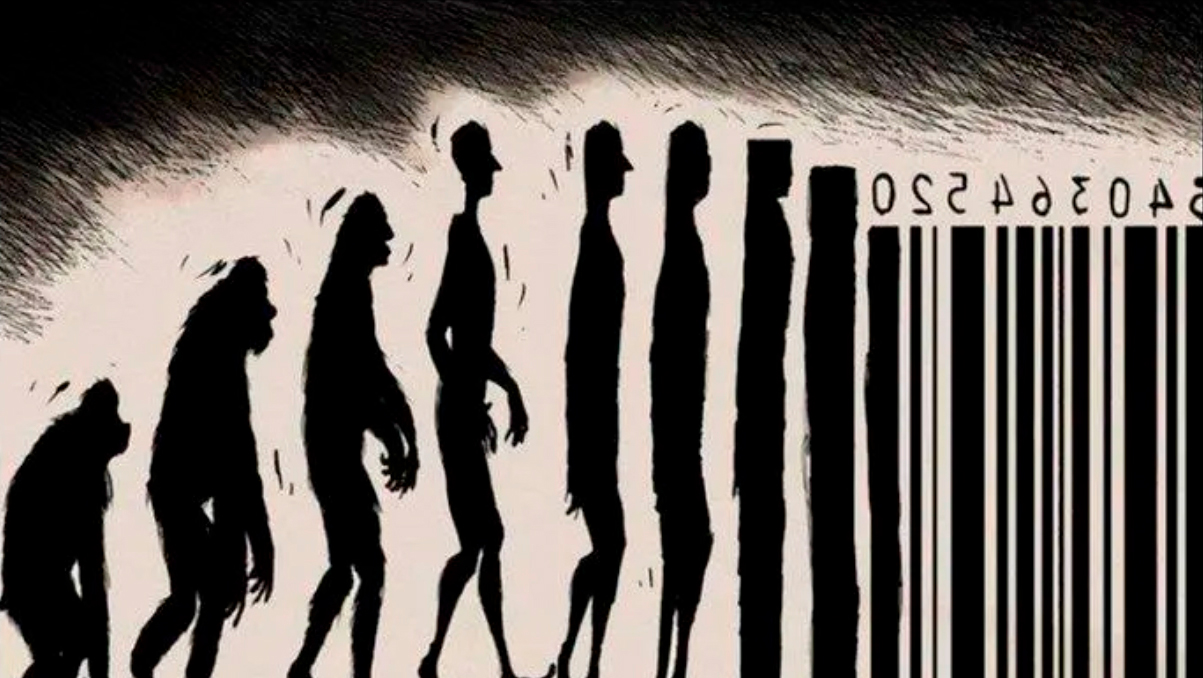Consumerism is not Capitalism
… it’s fifty times more corrosive !

In the land of consumerism, the diet industry is a lucrative business that targets consumers who are self conscious about their body image. The industry benefits from our society’s expectation on attractiveness to manipulate vulnerable souls into buying harmful or useless products to loose weight. By advertising a fit, beautiful model and key words such as “loose fast”, and “look great”, these advertisements are triggering an idea that we want to look better and thinner than we already are. Furthermore, stating that who we are now aren’t good enough. Pressured by perfecting our appearances, many people from teens to adults develop bulimia, anorexia, and addiction to drugs in believing that they’re unattractive. Little do they know, by becoming more attractive for the wrong reason, they will never stop criticizing about their body image. In the end, this ongoing self-mutilation essentially eats away their confidence and their health.
In the midst of transforming our appearance to our society’s expectation, we are also beguiled that possessions equals to completeness and happiness. Living in a commercialized world, we often find ourselves drawn to consume products we later find counterproductive. The desire to own things has become so entrancing that they now own us. Why are we running around, buying our way into happiness when really, we can invest in finding out what really matters to us? Wouldn’t it be a shame if after all these years, we are still depending on our properties to feel a sense of accomplishment? As we proceed to feed our children the same concept, the younger generation equates possessions as part of their status. They’ve become essential needs. Thus, when children replace physical and outdoor activities to staring at screens motionless, their lack of exercise augment the percentage of obesity in children.
While being a consumer, we are so comfortable chasing our desires that we are completely selfish and oblivious to those unrelated to our needs. Recently, most major credit card companies charged a percentage of surcharges to citizens who donated for Haiti Relief. They made a profit by taking advantage of the tragedy to further exploit the idea of consumerism. In their opinion, profiting at no cost is a small step for the economy to regain its strength. Furthermore, to gain maximum profit at minimum cost, corporations like Walt Mart and Liz Claiborne influence developing countries into desiring consumerism as well. By using cheap labor and justifying their income as profitable when compared to domestic wages, they are delaying and diminishing chances for developing countries to excel and flourish economically. Joe Bakan, a Canadian law professor and law theorist, impeccably describes corporations as ” created by law to function as a psychopathic personality”.
In Bakan’s book, The Corporations: Pathological Pursuit of Power, he claims that while corporations may put on a mask and initially hold social responsibility for the society, they are still concepts by law to target profit as a primary goal. They “victimize individuals, environment…and can even cause one to self-destruct”, and as they are usually impugned from taking social and financial responsibility (i.e. Wall Street scandal), corporations seldom “serve the public interest” and gain “rights far exceeding persons of flesh and blood” to further monopolize their wealth through privatization. In a sense, corporation is the core of our society’s problem. Through private funding and support, corporations control products and news for citizens, and as long as they exist, we will sadly be spoon-fed and adjust to the life style.
The more I think about this vicious and addictive desire that has sedated people to keep up the trends, the more obvious they appear to me. Like rapid fire, the people who condone this behavior become live advertisements to influence others as well: the “pretend leggings are pants” hipsters, the venti Star Bucks power suits, and yes, the infamous fast-foods restaurants. Being deluded that we have the liberty to choose our life style, we’ve categorized and stereotyped ourselves in limited ways. In other words, it doesn’t matter if we can choose from twenty kinds of coffee; we are webbed and paralyzed by the venom of our greed.
Ironically and thankfully, we are very much versatile and unique when it comes to communication online. Never have we been so obsessed with updating our profile and status just to maximize our exposure within our social network. We connect and communicate with everyone candidly from health care issues to good restaurants to go to. It gives us a sense of hope that we can be individuals online, and we’re not completely altered by our spoon-feeding society. Yes, technology is a great medium for us to communicate throughout the world. However, we must realize that while we’re engaging with each other on an intellectual level, we haven’t made any progress as a consumer. More specifically, we are still victims of capitalism, and we always will be if we don’t act soon.
Breaking apart from the rest of the society is tough. I admit that I am a material girl. I enjoyed helping this spoon-feeding community grow and satisfying material desires to avoid my search for my inner completeness and aspirations. However, realizing that happiness can’t be bought is a small step in awakening from this consuming world. In order to change our excessive needs for fine products priced 80 times more than its actual cost, I urge all of you to start helping in small ways. It can be to recycle properly, pay attention to news other than current events from the United States, to devote time giving back and volunteer for those in need. As we focus education for the next generation on giving and helping others, we will cease to look for happiness in the wrong places.
